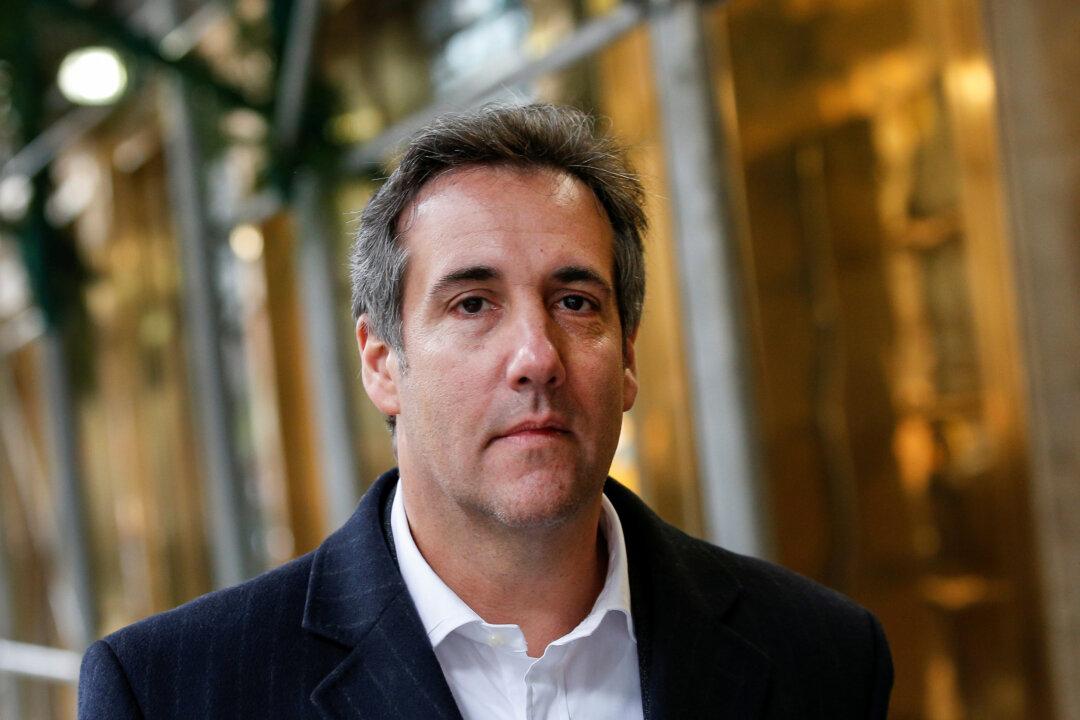President Donald Trump’s former personal lawyer, Michael Cohen, pleaded guilty in New York on Aug. 21 to five counts of tax fraud, one count of making false statements to a financial institution, and one count of making an excessive campaign contribution.
Cohen agreed to a plea bargain with federal prosecutors.





